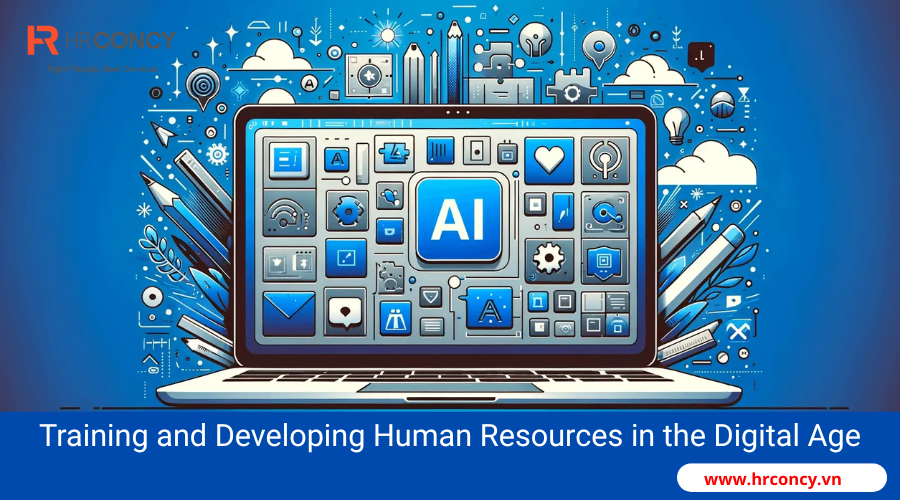Recruitment Strategies During a Global Economic Crisis
In times of global economic downturn, companies face unprecedented challenges: shrinking budgets, cautious consumer behavior, organizational restructuring, and an increasingly competitive talent market. Yet, crises often bring hidden opportunities. Businesses that implement smart, adaptive recruitment strategies during these periods not only survive but can emerge stronger than before.
1. Prioritize Strategic Roles and Critical Skills
The first step during a crisis is to move away from mass hiring and focus on strategic recruitment. Organizations must carefully identify critical roles that are essential for survival and future growth. Rather than filling vacancies reactively, companies should invest in individuals who possess multi-functional skills, high adaptability, and problem-solving capabilities. Employees who can wear multiple hats are invaluable during turbulent times.
Companies should also reframe their job descriptions, highlighting flexibility, resilience, and innovation as key traits required for success within the organization.
2. Strengthen Employer Branding
Economic crises cause anxiety not only for companies but also for job seekers. Talented candidates look beyond salary — they seek stability, trustworthy leadership, and meaningful career paths. Strengthening the employer brand becomes more critical than ever.
Businesses should invest in transparent communication about their vision, workplace culture, and support systems. Sharing employee success stories, social responsibility initiatives, and the company’s resilience strategy can help reassure potential hires. A strong employer brand ensures that when talent chooses their next employer, your company stands out as a beacon of security and opportunity.
3. Maximize Internal Mobility and Referral Programs
When budgets tighten, internal mobility becomes a vital recruitment strategy. Re-skilling, up-skilling, and promoting from within can fill essential roles without incurring the high costs of external hiring. Investing in employee development during a crisis not only saves money but also strengthens loyalty and engagement.
Additionally, employee referral programs should be leveraged aggressively. Employees tend to refer candidates who match the company culture and expectations, leading to higher retention rates and faster onboarding times. Offering incentives for successful referrals can boost participation even during difficult times.
4. Leverage Technology and Data-Driven Recruitment
With remote work and digital transformation accelerating, technology must play a central role in recruitment strategies. Virtual interviews, AI-powered applicant tracking systems (ATS), and skills assessment tools help streamline hiring processes, making them faster, cheaper, and more effective.
Moreover, data-driven recruitment allows companies to make smarter decisions. By analyzing talent pipelines, hiring metrics, and market trends, HR teams can allocate resources efficiently and avoid costly hiring mistakes.
5. Adopt a Flexible, Resilient Hiring Approach
Traditional recruitment models may no longer be effective during crises. Companies should adopt flexible hiring practices, such as freelance contracts, project-based roles, and part-time opportunities. This approach helps manage costs while maintaining access to specialized skills as needed.
At the same time, HR policies must be built around resilience and future-readiness. Preparing for post-crisis recovery involves maintaining relationships with top candidates even if immediate hiring is on hold. Building a talent pool now ensures a faster rebound when the economy stabilizes.

While a global economic crisis poses undeniable hardships, it also offers a chance to rethink and refine recruitment practices. By focusing on critical roles, strengthening employer branding, leveraging technology, maximizing internal potential, and adopting flexible hiring models, companies can not only weather the storm but also lay the foundation for long-term success. A thoughtful, strategic recruitment plan during turbulent times will define the leaders of tomorrow.
226 view







